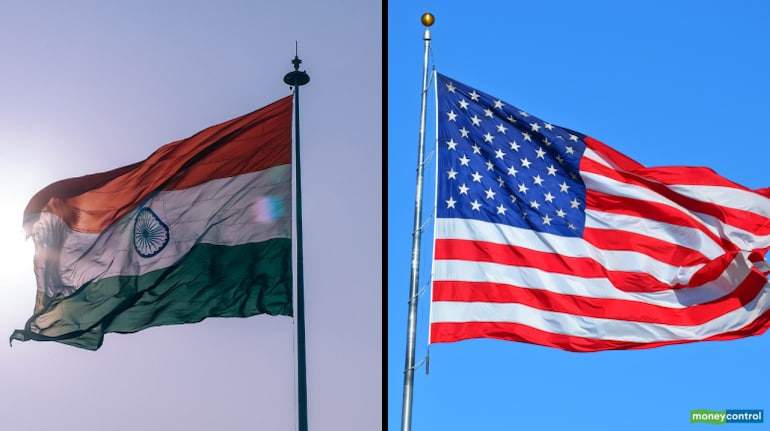



United States President Joe Biden visited ally South Korea before he joined Prime Minister Narendra Modi, his Australian and Japanese counterparts, Anthony Albanese and Fumio Kishida, for the second in-person summit of the Quadrilateral Security Dialogue (Quad) in Tokyo, Japan, this week.
As the leaders renewed their “steadfast commitment to a free and open Indo-Pacific that is inclusive and resilient,” gaze must be on US’ willingness to lead from the front in counter-balancing China.
A lot has changed for Washington, Beijing, and the rest of the world since Richard Nixon decided to ignore Napoleon's advice to “let China sleep”, 50 years ago believing that the dragon can astonish the world when it wakes up.
In recent times, there have been plenty of statements of intent from the US presidents coinciding with China’s unabashed unfurling of its aggressive behaviour on issues of sovereignty, and vaulting economic ambition to take on the US.
Washington obviously got it wrong about economic prosperity and trade with the West tempering the authoritarian instincts of the Chinese political system.
The Chinese didn’t care much either for democracy or human rights as its State-sponsored capitalism with socialistic fangs drove both the debt-trap model of financing, and international trade.
Former US President George Bush said China is a strategic competitor as he went about planning ways to rein in that country. Then, he lost interest and got mired in US’ War on Terror. Barack Obama, who succeeded Bush, talked even more flourishingly about the need to counter China. He announced a Pivot to Asia. Then he too got busy elsewhere; mostly in Afghanistan. Then came Donald Trump, who talked even more menacingly about China.
Biden, though shedding the US strategic ambiguity on Taiwan, used his address at the United Nations to say that Washington is not seeking a new Cold War, or a world divided into rigid blocs. But Quad is the best bet for the US to attempt taming China. A full-blown European conflict in Ukraine has the world divided between West and the rest.
Though the Quad countries don’t have any doubt about the need to address the aggressive behaviour of China, who will bell the cat, and when, remains unclear.
For the US, the Quad summit was another forum to hit out at Russia on Ukraine. Painting Russia and China with the same brush serves the strategic and political objective of the US — however, it’s a position that India is naturally uncomfortable with.
For India and the rest of Asia, China is an everyday reality in more ways than one. China’s rise is no longer benign. It is neither hiding its strengths nor looks like biding any time in deepening its strategic inroads into any country of its convenience.
Despite all the political disputes, China remains the biggest trading partner of many countries in the region. China uses its huge pile of cash to fund projects in countries who have no better, or any, alternatives.
Unless the US walks the talk on bringing about an alternative to the Chinese-centric supply-chain-led, affordable technology-driven, easily accessible-finance model, there is little that one can do to effectively checkmate Beijing. For those developed countries need to be more generous with funds, capacity building, and technology transfers.
Though the US and its allies could very well account for half of the world’s gross domestic product, the world is more multipolar than it has ever been since the end of the World War II. A multipolar world order calls for a multi-pronged strategy to deal with both threats and opportunities. Former US Secretary of State Henry Kissinger, who set the path for US-China establishing relationship, once wrote: “Americans hold that every problem has a solution; Chinese think that each solution is an admission ticket to a new set of problems.” Just that the US must find solutions to these new sets of problems, for which Washington needs to do a lot more.
Jayanth Jacob is a foreign policy commentator who covered the ministry of external affairs for more than two decades. Twitter: @jayanthjacob.Views are personal and do not represent the stand of this publication.Discover the latest Business News, Sensex, and Nifty updates. Obtain Personal Finance insights, tax queries, and expert opinions on Moneycontrol or download the Moneycontrol App to stay updated!
Find the best of Al News in one place, specially curated for you every weekend.
Stay on top of the latest tech trends and biggest startup news.